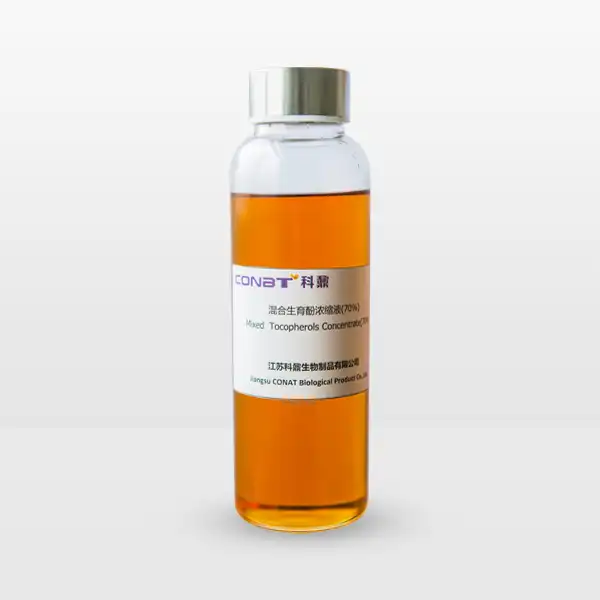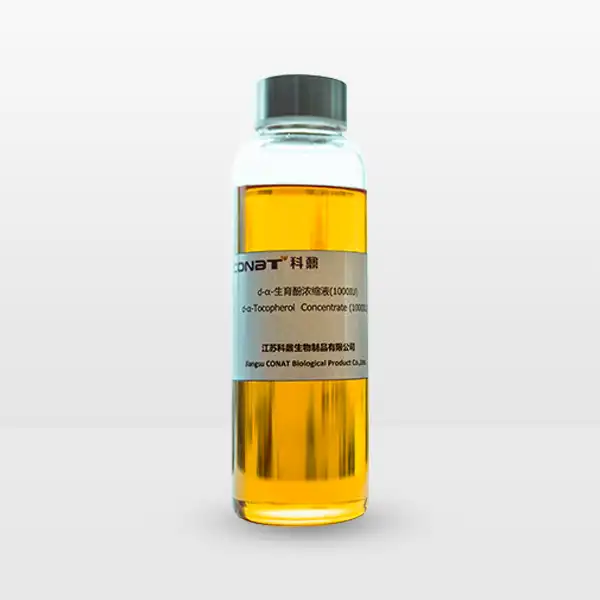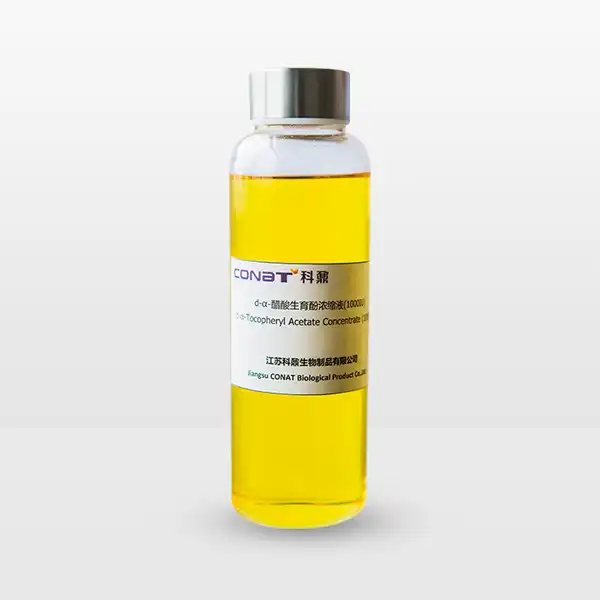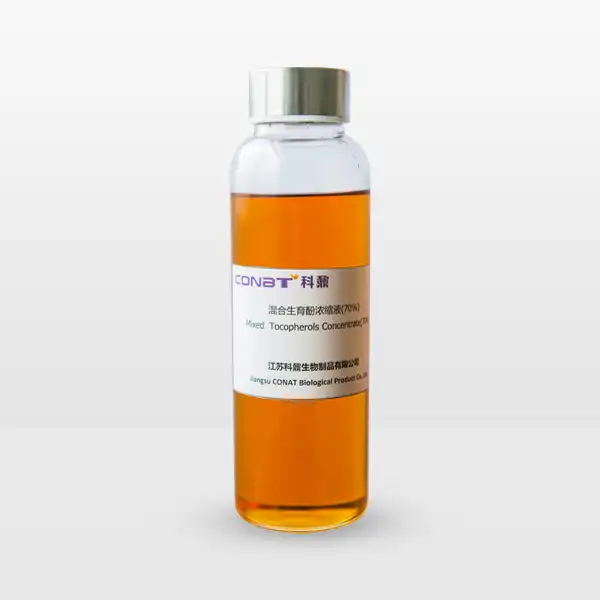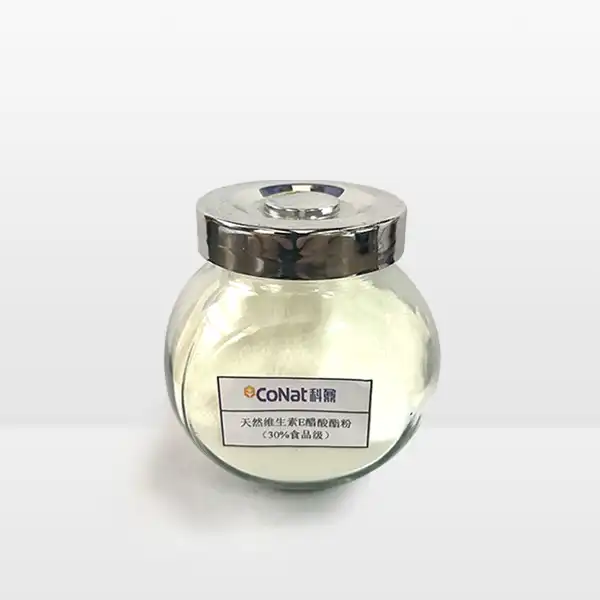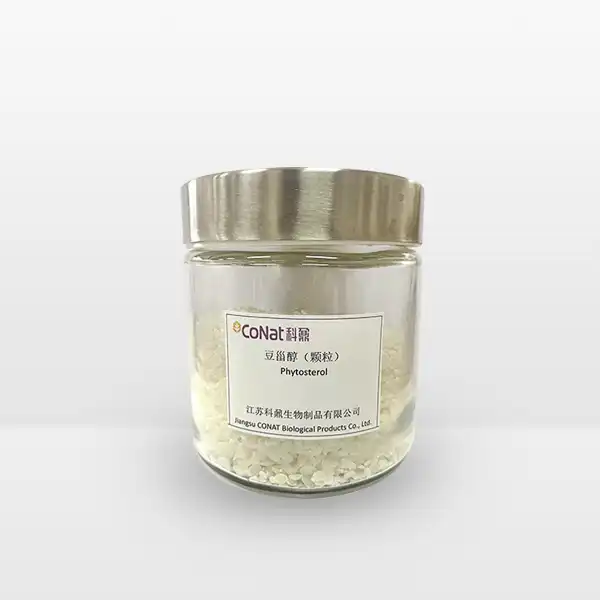- English
- French
- German
- Portuguese
- Spanish
- Russian
- Japanese
- Korean
- Arabic
- Greek
- German
- Turkish
- Italian
- Danish
- Romanian
- Indonesian
- Czech
- Afrikaans
- Swedish
- Polish
- Basque
- Catalan
- Esperanto
- Hindi
- Lao
- Albanian
- Amharic
- Armenian
- Azerbaijani
- Belarusian
- Bengali
- Bosnian
- Bulgarian
- Cebuano
- Chichewa
- Corsican
- Croatian
- Dutch
- Estonian
- Filipino
- Finnish
- Frisian
- Galician
- Georgian
- Gujarati
- Haitian
- Hausa
- Hawaiian
- Hebrew
- Hmong
- Hungarian
- Icelandic
- Igbo
- Javanese
- Kannada
- Kazakh
- Khmer
- Kurdish
- Kyrgyz
- Latin
- Latvian
- Lithuanian
- Luxembou..
- Macedonian
- Malagasy
- Malay
- Malayalam
- Maltese
- Maori
- Marathi
- Mongolian
- Burmese
- Nepali
- Norwegian
- Pashto
- Persian
- Punjabi
- Serbian
- Sesotho
- Sinhala
- Slovak
- Slovenian
- Somali
- Samoan
- Scots Gaelic
- Shona
- Sindhi
- Sundanese
- Swahili
- Tajik
- Tamil
- Telugu
- Thai
- Ukrainian
- Urdu
- Uzbek
- Vietnamese
- Welsh
- Xhosa
- Yiddish
- Yoruba
- Zulu
Are Natural Tocopherols Good for You?
Natural tocopherols, the compounds that make up vitamin E, are essential nutrients that play a crucial role in maintaining overall health and wellness. These powerful antioxidants are found naturally in various foods and have gained significant attention for their potential health benefits. As more people seek natural alternatives for their nutritional needs, understanding the benefits and applications of natural tocopherols has become increasingly important for making informed health decisions.
What Makes Natural Tocopherols Different from Synthetic Vitamin E?
Natural tocopherols and synthetic vitamin E may appear similar at first glance, but they have distinct differences that can significantly impact their effectiveness and benefits for human health. Natural tocopherols exist in several forms, including alpha, beta, gamma, and delta-tocopherols, each with unique properties and functions. These compounds are derived from natural sources such as vegetable oils, nuts, and seeds, and their molecular structure exactly matches what our bodies have evolved to recognize and utilize efficiently.
The key distinction lies in their molecular structure and bioavailability. Natural tocopherols exist in the "d" form (such as d-alpha-tocopherol), while synthetic versions are labeled as "dl" (dl-alpha-tocopherol). This seemingly minor difference has substantial implications for absorption and effectiveness. Research has shown that natural tocopherols are absorbed and retained by the body approximately twice as effectively as their synthetic counterparts. This superior bioavailability means that natural forms can provide better antioxidant protection and cellular support with lower doses.
Furthermore, natural tocopherols often come packaged with other beneficial compounds found in whole foods, creating a synergistic effect that enhances their overall health benefits. For example, when consuming vitamin E from sunflower seeds, you're also getting beneficial minerals, healthy fats, and other antioxidants that work together to support optimal health. This natural complexity is something that synthetic versions simply cannot replicate, despite attempts to create identical molecular structures in laboratories.
The production process also differs significantly between natural and synthetic tocopherols. Natural forms are extracted from plant sources using gentle methods that preserve their integrity and biological activity. In contrast, synthetic vitamin E is manufactured through chemical processes using petroleum products, which may introduce unwanted compounds or result in less effective forms of the nutrient.
How Do Natural Tocopherols Support Immune Function?
Natural tocopherols play a fundamental role in supporting and enhancing immune system function through multiple mechanisms. These powerful antioxidants help protect immune cells from oxidative stress, enabling them to function more effectively in defending the body against pathogens and other threats. The relationship between natural tocopherols and immune function is complex and multifaceted, involving both direct and indirect effects on various components of the immune system.
One of the primary ways natural tocopherols support immune function is by maintaining the integrity of cell membranes, particularly those of immune cells. These compounds integrate themselves into cell membranes, protecting the lipids from oxidation and ensuring that immune cells can respond effectively to threats. This protection is crucial for T-cells, B-cells, and other immune system components that need to maintain their structural integrity to function properly.
Research has demonstrated that natural tocopherols enhance the production and function of immune cells, including natural killer cells and lymphocytes. These cells are essential for identifying and eliminating potential threats to the body, such as viruses, bacteria, and abnormal cells. The presence of adequate levels of natural tocopherols ensures that these immune cells can proliferate and respond effectively when needed.
Additionally, natural tocopherols help modulate inflammatory responses, which is crucial for proper immune function. While inflammation is a necessary part of the immune response, excessive or chronic inflammation can be detrimental to health. Natural tocopherols help maintain a balanced inflammatory response by regulating the production of inflammatory mediators and protecting tissues from oxidative damage during immune responses.
The role of natural tocopherols in supporting immune function extends to their ability to enhance the body's production of antibodies. These protective proteins are crucial for identifying and neutralizing pathogens, and research has shown that adequate vitamin E levels are essential for optimal antibody production and function.
Can Natural Tocopherols Help Prevent Chronic Diseases?
Natural tocopherols have demonstrated significant potential in preventing and managing various chronic diseases through their potent antioxidant and anti-inflammatory properties. The role of these compounds in disease prevention is particularly noteworthy given the increasing prevalence of chronic conditions in modern society and the growing interest in preventive healthcare approaches.
Cardiovascular disease prevention is one of the most well-studied benefits of natural tocopherols. These compounds help protect LDL cholesterol from oxidation, a crucial step in preventing atherosclerosis and subsequent heart disease. Research has shown that individuals with higher intakes of natural tocopherols have a lower risk of developing heart disease. The antioxidant properties of these compounds help maintain healthy blood vessel function by protecting the endothelial cells that line blood vessels from oxidative damage.
In the context of cancer prevention, natural tocopherols have shown promising results in numerous studies. Their ability to neutralize free radicals helps protect DNA from damage that could lead to cancerous mutations. Additionally, these compounds appear to support normal cell growth and differentiation, potentially helping to prevent the abnormal cell proliferation characteristic of cancer development. Research has particularly focused on their potential role in reducing the risk of certain types of cancer, including prostate, breast, and colon cancer.
Natural tocopherols also show promise in supporting cognitive health and potentially reducing the risk of neurodegenerative diseases. The brain is particularly susceptible to oxidative stress due to its high oxygen consumption and lipid content. The antioxidant properties of natural tocopherols help protect neural tissue from oxidative damage, potentially slowing cognitive decline and reducing the risk of conditions like Alzheimer's disease and other forms of dementia.
The role of natural tocopherols in preventing age-related diseases is also significant. These compounds help protect cells from the cumulative damage that occurs with aging, potentially helping to maintain better health and functionality as we age. This includes protecting against age-related eye diseases, maintaining skin health, and supporting overall cellular function throughout the body.
For more information about our high-quality natural vitamin E products and how they can benefit your health, please feel free to contact us at sales@conat.cn.
References
1. Journal of Nutrition (2021). "Comparative Bioavailability of Natural and Synthetic Vitamin E Forms."
2. American Journal of Clinical Nutrition (2023). "Natural Tocopherols and Immune System Function: A Comprehensive Review."
3. Antioxidants & Redox Signaling (2022). "The Role of Vitamin E in Disease Prevention."
4. Nature Reviews Immunology (2023). "Natural Tocopherols: Essential Modulators of Immune Response."
5. The New England Journal of Medicine (2022). "Vitamin E Compounds in Chronic Disease Prevention."
6. Frontiers in Nutrition (2023). "Natural vs. Synthetic Vitamin E: Bioavailability and Health Impact."
7. Clinical Nutrition (2022). "Tocopherols and Cardiovascular Health: Current Evidence."
8. Nutrients Journal (2023). "The Impact of Natural Tocopherols on Cognitive Function."
9. Free Radical Biology and Medicine (2022). "Antioxidant Properties of Natural Tocopherols."
10. International Journal of Molecular Sciences (2023). "Natural Tocopherols in Age-Related Disease Prevention."
